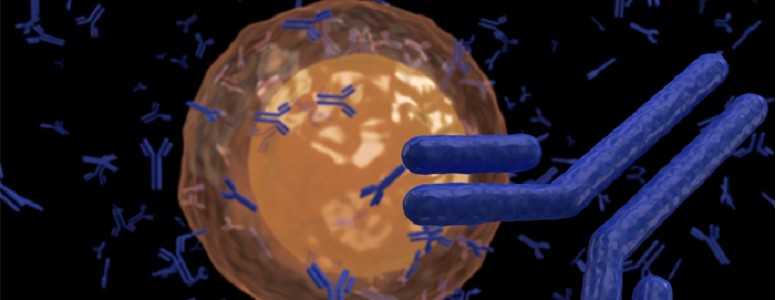A new study done by researchers from Yale University School of Medicine on the effects of bisphenol-A (BPA) in utero has found a link between the active compound and oestrogen-related diseases.
The new research, published in the FASEB Journal, suggests that exposure to BPA – a toxic chemical used to make certain plastics of food and beverages containers – permanently alters the body’s response to oestrogen after adolescence.
Previous animal studies have showed the effects of an imbalance in the female sex hormone oestrogen on the regulation of obesity.
The stimulation of oestrogen receptors in the brain serves as a master switch to control food intake, energy expenditure and body fat distribution.
When oestrogen levels decreased in one region of the hypothalamus that controls body temperature, hunger and thirst, the animals developed an impaired tolerance to glucose and gained a significant amount of weight.
In this study, the Yale research team has quantified the deleterious influence of BPA during the fetal development on genes that are directly regulated by oestrogen.
Their findings suggest that BPA, even at low levels, negatively alters the oestrogen response in more than 1,000 of those genes.
The genes affected are implicated in the formation of oestrogen-related diseases including infertility, endometriosis, endometrial cancer, osteoporosis, prostate cancer, neurodegenerative disease, breast cancer and obesity.
The scientists also pointed that the fact that these detrimental changes operated in the uterine epigenome aren’t reversible.
To make this discovery, the senior researcher Hugh S. Taylor and his colleagues looked at how the uterine genes responded to oestrogen in the female offspring of pregnant mice that had been exposed to human ranges of BPA.
Although changes were not present at birth and early posy-natal life, they became apparent after sexual maturity of the animals.
The research scientists are confident that this delayed onset of uterine gene expression in mice also translate to the human.
What's new on the forum? ⭐️
Get our free newsletters
Stay up to date with the latest news, research and breakthroughs.





